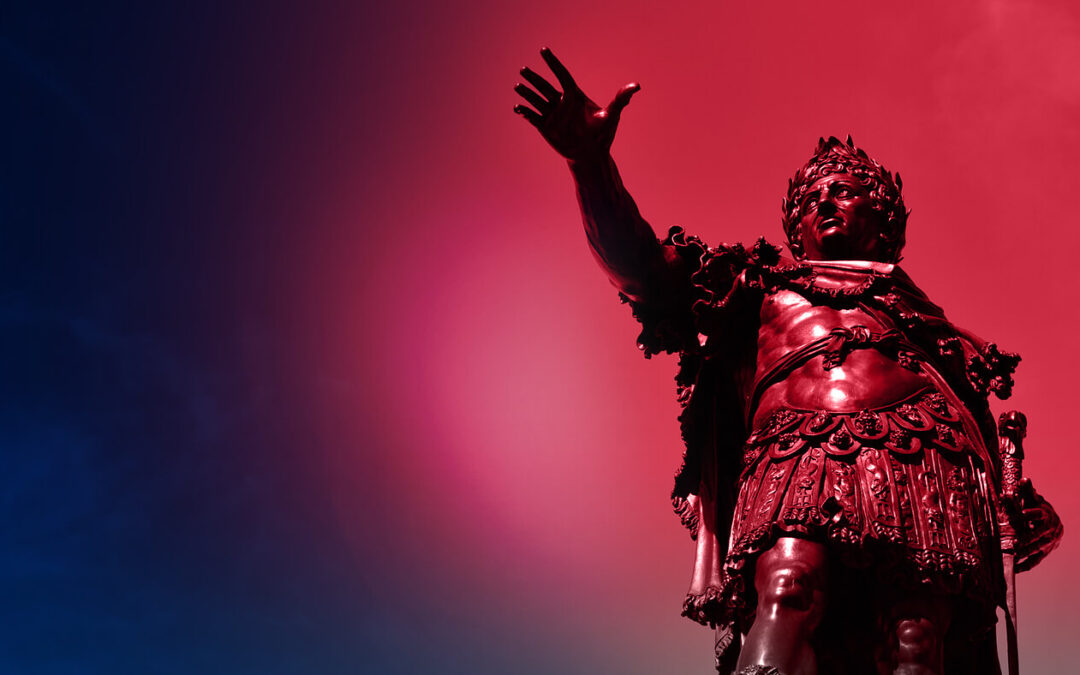
by bartmann | Apr 4, 2024
In this course, the class will examine how the image of the Roman emperor was and is constructed. We will be investigating questions of source material reliability, genre, and the use and power of rhetoric in history. Through an examination of Rome’s rulers, from...

by bartmann | Apr 4, 2024
Please Note: The course dates have been adjusted from those listed in our fall brochure in order to avoid Jewish High Holy Days. The course will now begin on October 11 rather than September 27. We hope this makes the course more accessible to everyone wishing to...

by bartmann | Apr 4, 2024
Attend In Person OR Online Why is French the most-commonly taught language in the United States after Spanish? Why are Americans so interested in things French? This course suggests that answers may be found in the long and fascinating saga of the French in North...
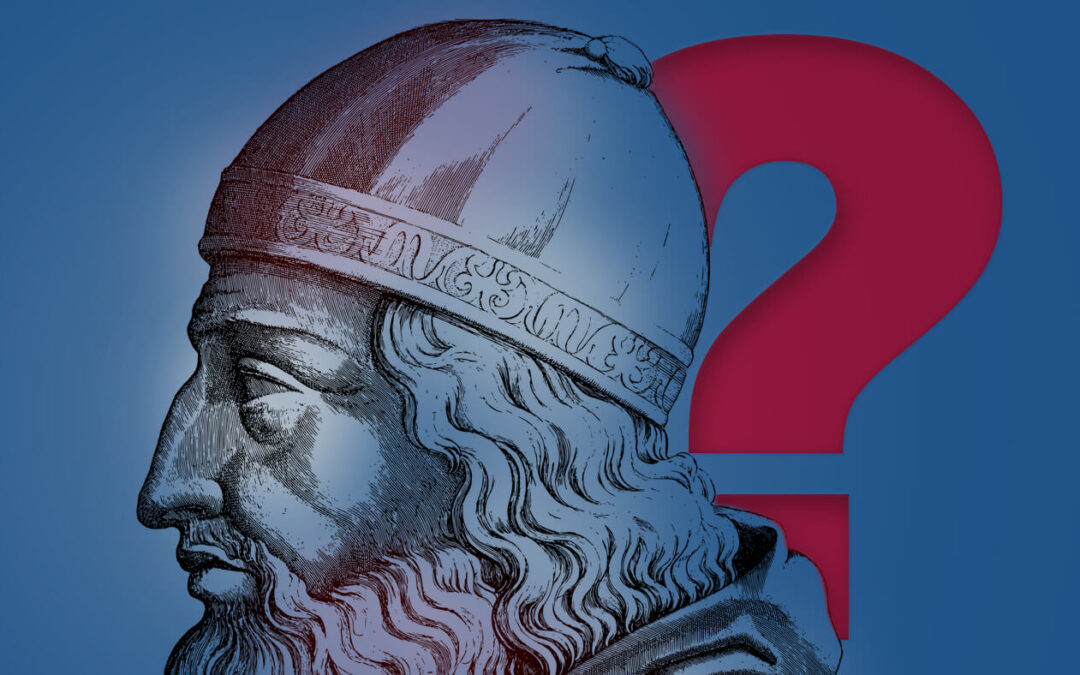
by bartmann | Apr 4, 2024
Attend In Person OR Online About 2600 years ago, an “Intellectual Revolution” shifted Greek thinking from mythic world descriptions to observational ones. The first group of thinkers in this new era lived in eastern Greece and started new directions in...

by bartmann | Apr 4, 2024
Sherlock Holmes never actually uttered the words, “Elementary, my dear Watson!” but this and other iconic traces of the detective have lasted for over a century. There have been more than 60 film adaptations of Holmes, including versions in which he is...
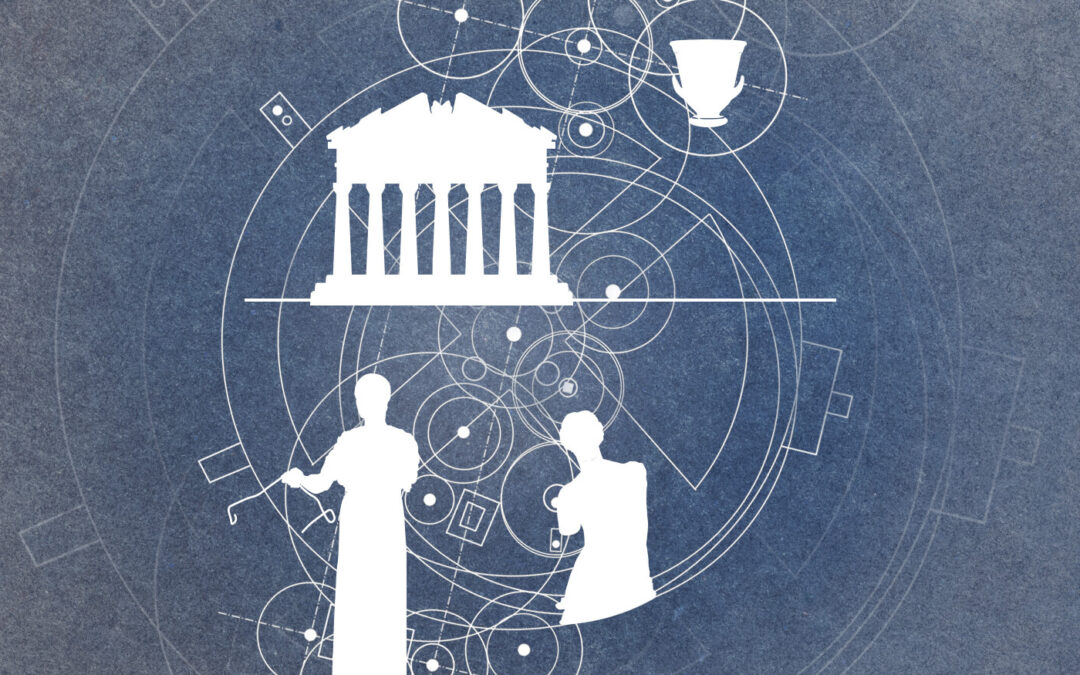
by bartmann | Apr 4, 2024
Attend In Person OR Online! See Below for full details about our new Hybrid courses This course explores the people, processes and places that fostered the technological and artistic creativity of potters, sculptors, and temple builders in ancient Greece. Our topics...
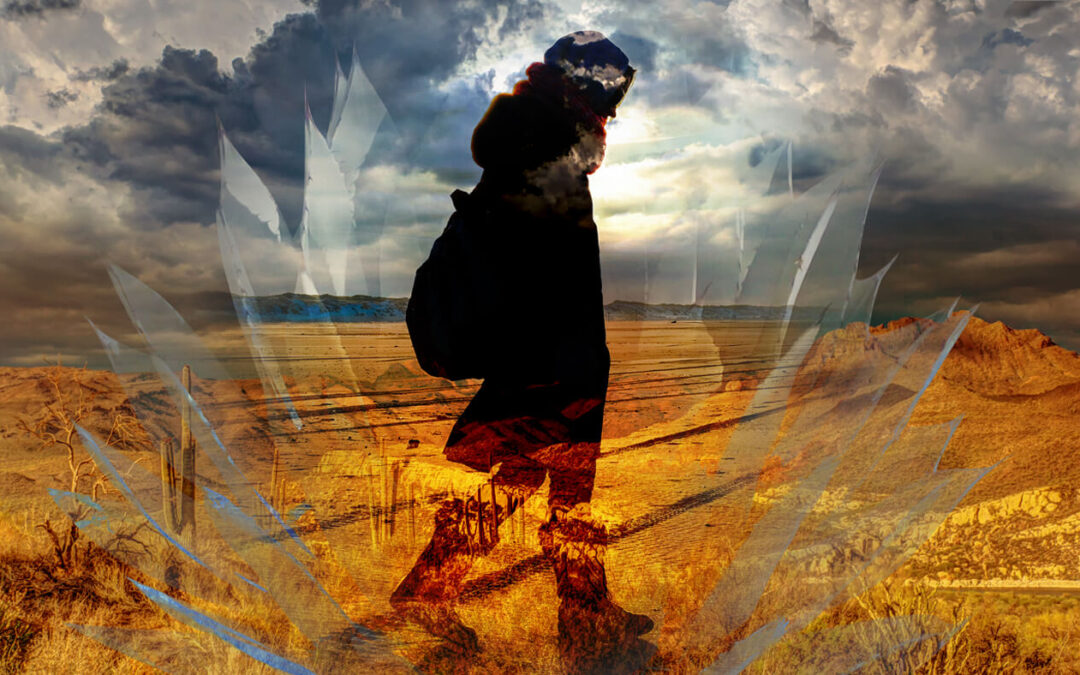
by bartmann | Apr 4, 2024
Attend In Person OR Online! See Below for full details about our new Hybrid courses Arid and semiarid environments, commonly known as “deserts,” make up about one-third of the earth’s land surface and are home to more than one billion people. We will...

by bartmann | Apr 4, 2024
Attend In Person OR Online! See Below for full details about our new Hybrid courses The Hangzhou region has long been one of China’s most important cultural hubs and has had a wide-ranging impact on Chinese culture and Buddhism throughout East Asia. It came to...
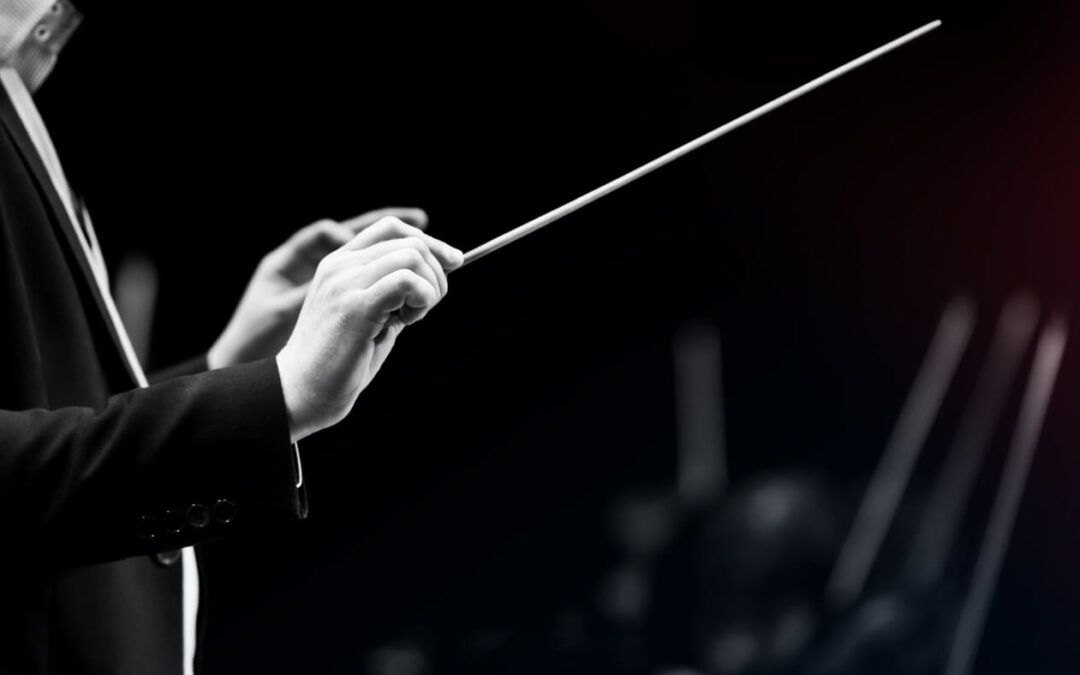
by bartmann | Apr 4, 2024
Attend In Person OR Online! See Below for full details about our new Hybrid courses Leonard Bernstein embraced a remarkable range of roles in his career, including composer, conductor, pianist, educator, multimedia pioneer, and engaged citizen. This course presents...
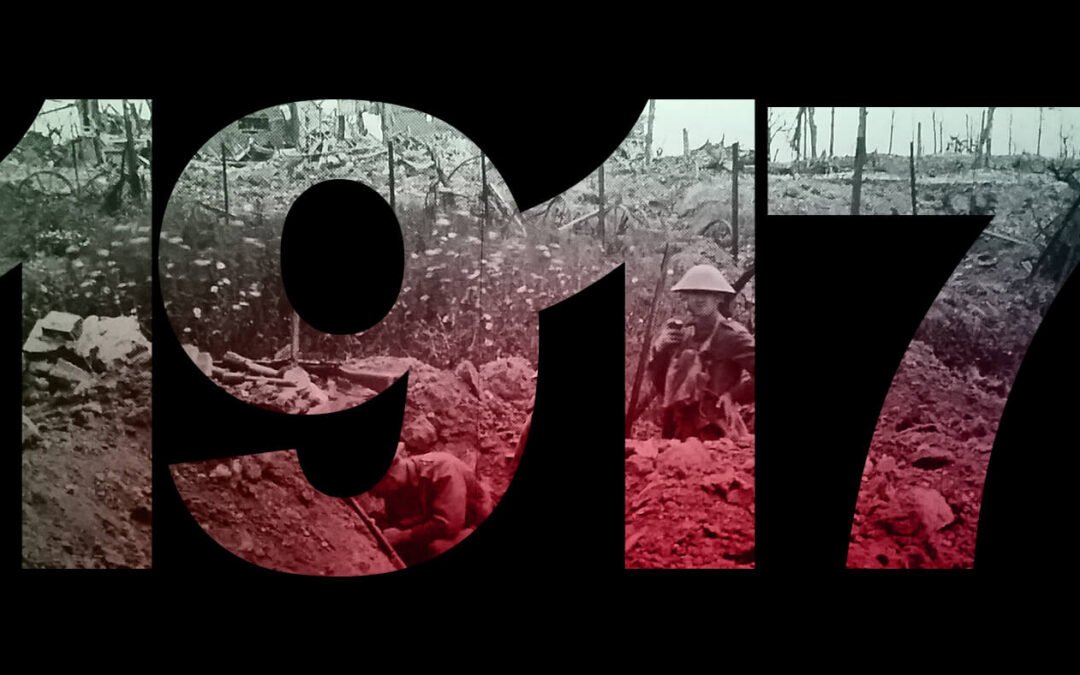
by bartmann | Apr 4, 2024
Attend In Person OR Online! See Below for full details about our new Hybrid courses This course centers on the recent, brilliant film 1917 as a touchstone for discussing the literature, film, music, and painting of World War I. Sam Mendez’s movie was nominated for ten...

by bartmann | Apr 4, 2024
Attend In Person OR Online! See Below for full details about our new Hybrid courses This course will cover the history of the oldest field of science, from prehistory and the ancient Greeks to research on the earliest instants of our 14-billion-year-old universe. We...
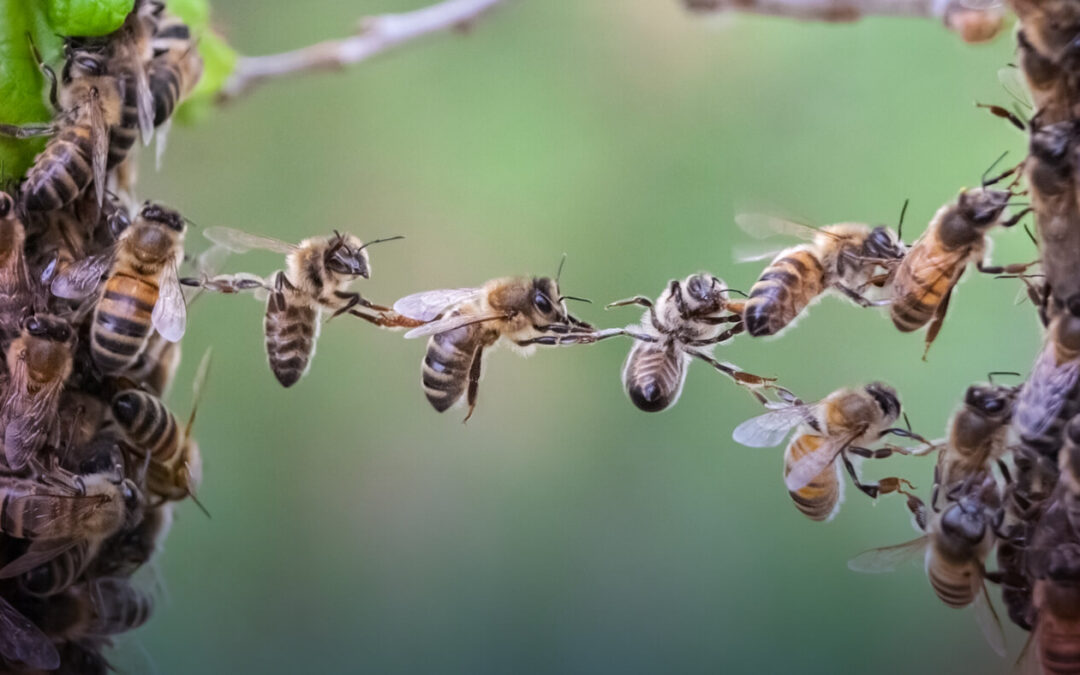
by bartmann | Apr 4, 2024
Attend In Person OR Online! See Below for full details about our new Hybrid courses Birds do it. Bees do it. Microbes do it, and people do it. Throughout nature organisms cooperate with each other. Humans have always been deeply attracted to the idea of...

by bartmann | Apr 4, 2024
Attend In Person OR Online! See Below for full details about our new Hybrid courses In this course we will dive into classic works of science fiction, from the origins of the genre in the works of Jules Verne and H. G. Wells to the “golden age” masters Clarke,...
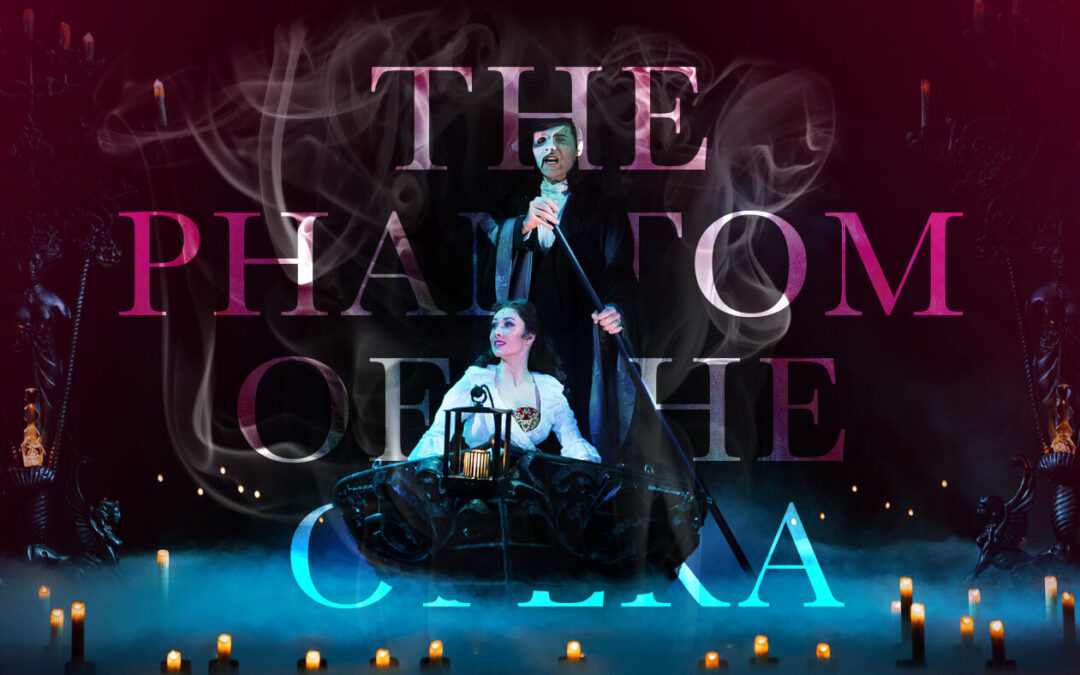
by bartmann | Apr 4, 2024
This course analyzes and traces the history of Gaston Leroux’s The Phantom of the Opera from the novel through several adaptations to get at the reasons why–like Frankenstein and Dracula–this Gothic tale has deep symbolic significance for Western...

by bartmann | Apr 4, 2024
Attend In Person OR Online! See Below for full details about our new Hybrid courses This course surveys twentieth-century architectural and urban theory by focusing on key themes and modalities of design practice that inform its purpose and philosophies. Modern...
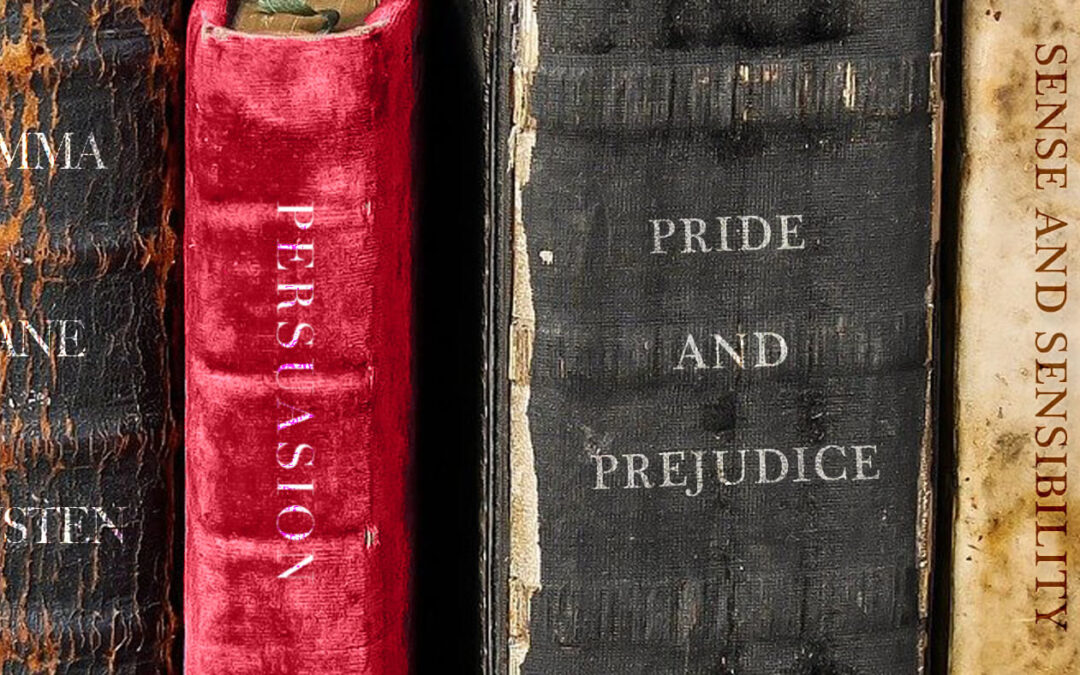
by bartmann | Apr 4, 2024
Attend In Person OR Online! See Below for full details about our new Hybrid courses We will study four Jane Austen novels and the reasons for their perennial appeal. Austen combines the patterns of romance—where the principal couple surmounts obstacles separating them...
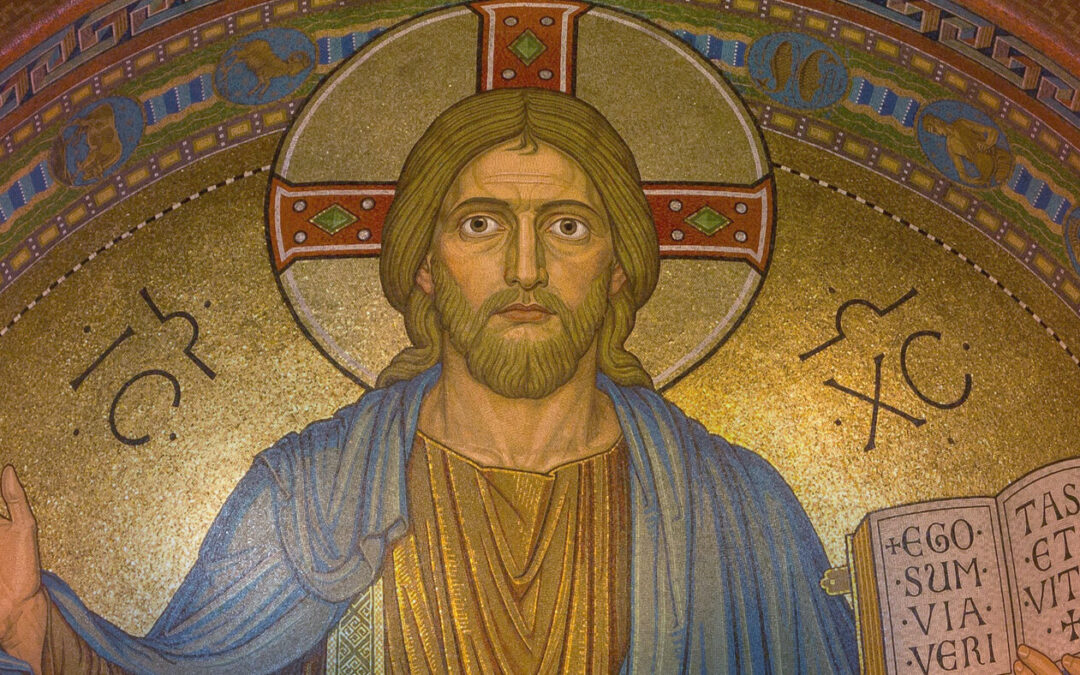
by bartmann | Apr 4, 2024
Attend In Person OR Online! See Below for full details about our new Hybrid courses The Christian religion is inextricably bound up with contemporary culture in America and around the globe. Yet, even after centuries of scholarly inquiry, numerous questions regarding...

by bartmann | Apr 4, 2024
Lecture Event – Attend In Person OR Online Population growth and climate change present an immense challenge: How will we feed the Earth’s population, estimated to be 10+ billion by 2050? Farmers currently use 80 percent of available water, but cities and...
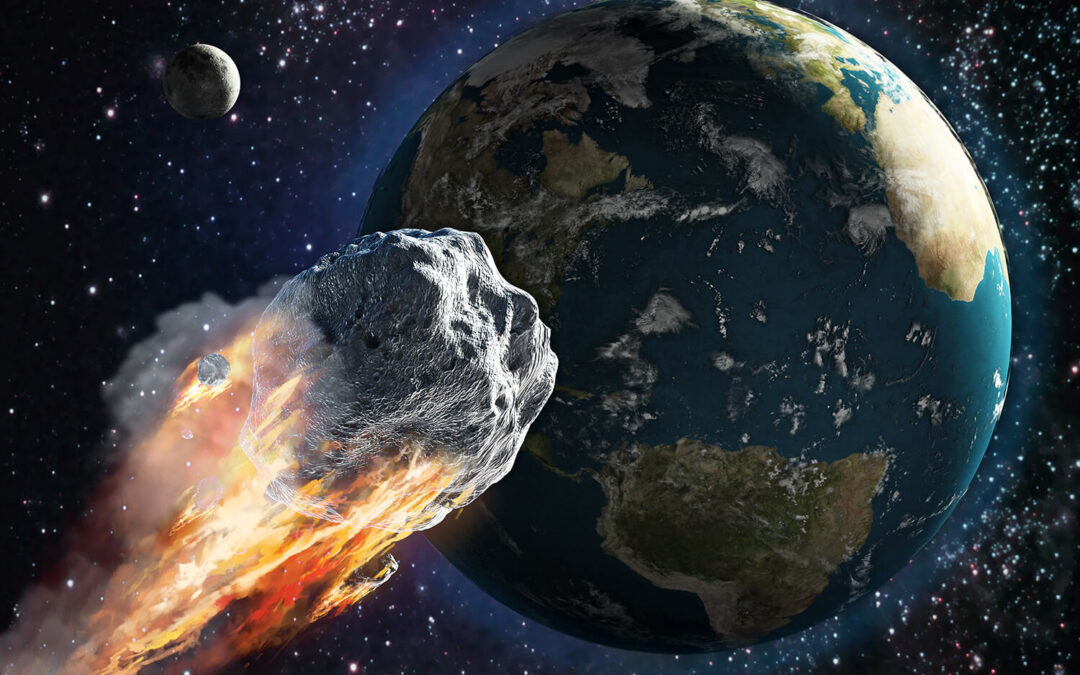
by bartmann | Apr 4, 2024
Lecture Event – Attend In Person OR Online Since the discovery that the impact of an asteroid was the probably cause of the extinction of the dinosaurs, many have wondered whether the same might happen to humanity. This has led to scientific...

by bartmann | Apr 4, 2024
Attend In Person OR Online Sometimes it is easy to start writing, but it is never easy to go on. When I was very young, I was a specialist in first chapters. Later in life, I often had in mind the beginning and the end of a novel, the head and tail, but the belly of...





















